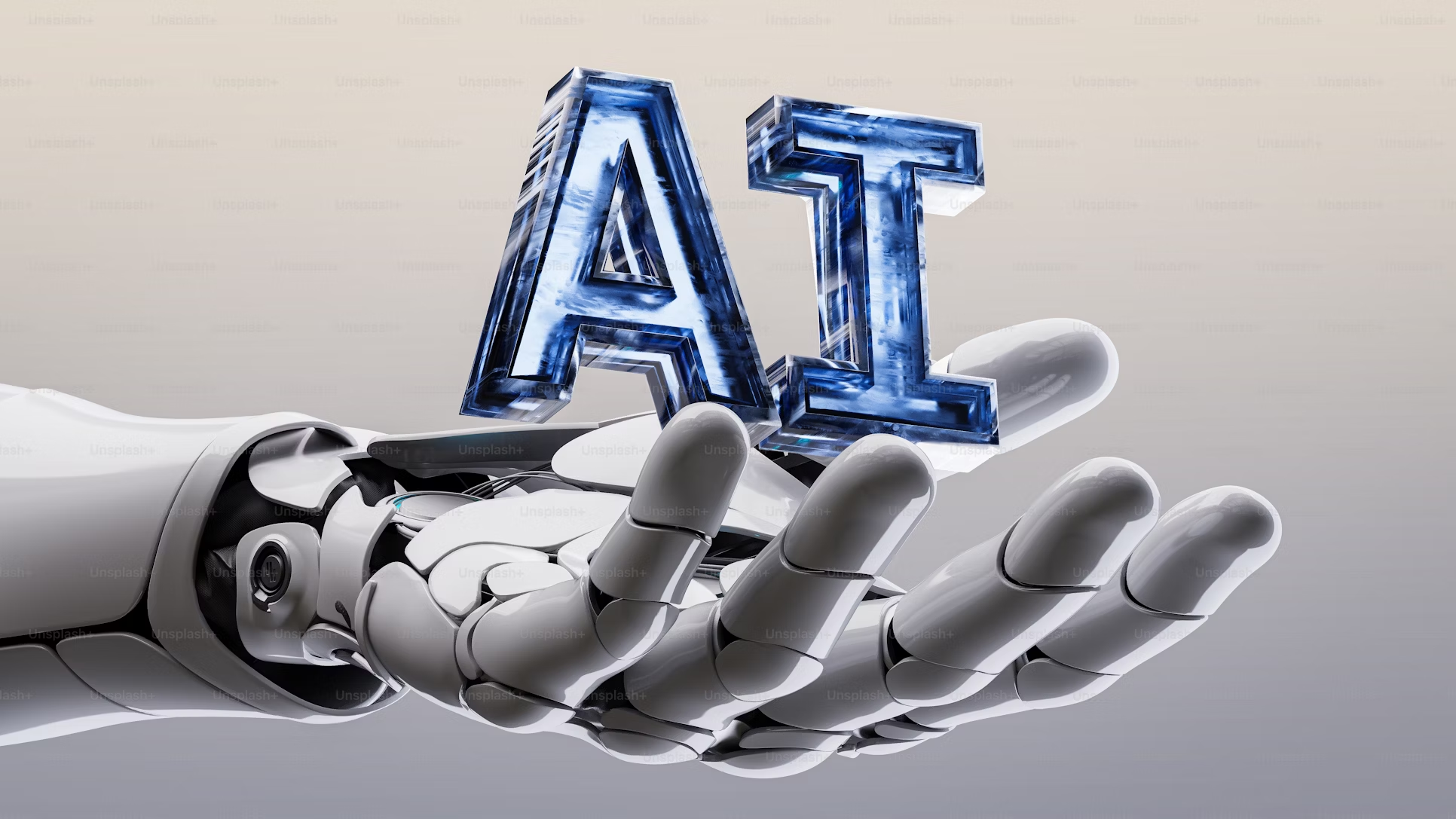Should You Use AI to Write Your Resume? Pros, Cons, and Best Practices (2025 Guide)
Published on April 27, 2025

Short Answer: Yes, if used to reword and enhance your existing resume rather than generating one from scratch.
Using tools like ChatGPT to speed up the tailoring process while meeting the level of quality you would otherwise get from doing it yourself is possible, but only when it is leveraged carefully. If you're considering it, it's important to know when AI is helpful, and when it might actually hurt your chances.
Why Letting AI Write Your Entire Resume Doesn't Work
Many job seekers today are tempted to copy and paste job descriptions into a tool like Claude or Gemini and ask it to rewrite their resumes automatically. While this can sometimes save time, it often leads to problems:
- Typos and awkward phrasing: AI-generated content isn't always polished. This type of issue can occur frequently, unless you use the right prompts and the right models.
- Hallucinations: AI can invent skills, experiences, or degrees that you never mentioned.
- Generic results: Without careful guidance, AI tends to produce bland, unremarkable resumes that don't stand out.
Instead, a better approach would be to treat AI like an assistant: it does the heavy lifting, but you remain in charge. Think of yourself as a manager supervising a junior writer. Review the AI’s output carefully, tweak any inaccuracies, and ensure the final version truly reflects your experience.
AI-Supported Resume Writing vs. 100% Manual Tailoring
For years, manual tailoring was the gold standard. You would adjust your resume by hand for every job application - painstakingly rewording bullets, matching keywords, and reformatting sections. While it could work well, it often took up to an hour per application. In today’s job market, that's no longer realistic.
Here’s why the AI-supported method is better for most people now:
- Speed: Tailoring a resume with AI assistance can take just 5–15 minutes per application.
- Effectiveness: AI can quickly incorporate the right keywords and mirror the job posting's language.
- Volume: With hundreds of applicants per opening along with many jobs potentially being ghost listings, you can't afford to spend hours perfecting a resume for every opportunity.
Manual resume tailoring still has its place for dream jobs or high-priority roles, but for most applications, an AI-supported approach strikes the right balance between speed and quality, making it one of the most optimal approaches to maximizing your chances of landing a job (right behind "knowing someone at the company").
Common Mistakes to Avoid When Using AI for Your Resume
Even though AI can be a powerful tool, it's easy to misuse it if you're not careful. Some common mistakes to watch out for include:
- Blindly trusting the first output: AI suggestions should always be reviewed and edited.
- Allowing exaggerations or false claims: Some AI outputs may accidentally stretch the truth, which can cause serious issues if you land an interview.
- Overloading with keywords: Keyword stuffing looks unnatural and can hurt your credibility.
- Skipping the final proofread: Minor errors can make a big difference in how you're perceived.
What Using AI the Right Way Looks Like
Imagine you're applying for a marketing specialist role. Instead of rewriting your resume from scratch, you:
- Copy the marketing experience section from your current resume.
- Ask an AI tool like ChatGPT to tailor it toward the new job description.
- Review the results carefully, fixing any inaccuracies or weird phrasings.
- Finalize and send your application.
This process can take less than 15 minutes and still produce a customized, polished resume that matches what recruiters are looking for. If you want to further cut down on that time, then it may be worthwhile to adopt an easier to edit resume template (to make pasting the tailored contents easier) as well as running multiple AI tools at once to work on multiple applications at any given time (i.e. ChatGPT, DeepSeek, Perplexity, etc.).
Bonus
- Should I take it one step further and use auto-apply tools to completely streamline this process for me? No. Auto-apply tools are often against the terms of service on major job boards like LinkedIn and Indeed. Using them can get your account shadow banned, lower your application visibility, or even permanently ban your account.
- Is it worth paying for an AI resume writing tool? It depends on how much you value your time. Good AI resume tools that focus on enhancement rather than replacement can be a smart investment. For example, the product that I'm currently working on, RefineResume, aims to provide fast, accurate tailoring without the typical risks of unedited AI output. Unlike the other tools out there, this one is easier to set up and use, faster, and cheaper.
- Can employers tell if you used AI to write your resume? Not if you do it properly. A well-edited, AI-assisted resume should sound authentic and match your personal voice. Employers typically care more about clarity and relevance than the specific tools you used.
Conclusion
Using AI to help tailor your resume can give you a major advantage — but only if you remain in control of the process. Done right, AI tools can save time, increase your chances, and make your applications stronger without risking your credibility.
Want to make the most out of your tailoring process? Check out our guide on how to tailor your resume to any job posting. Using this guide to craft a better base resume can help boost the efficacy of your tailored resumes. Enjoy!